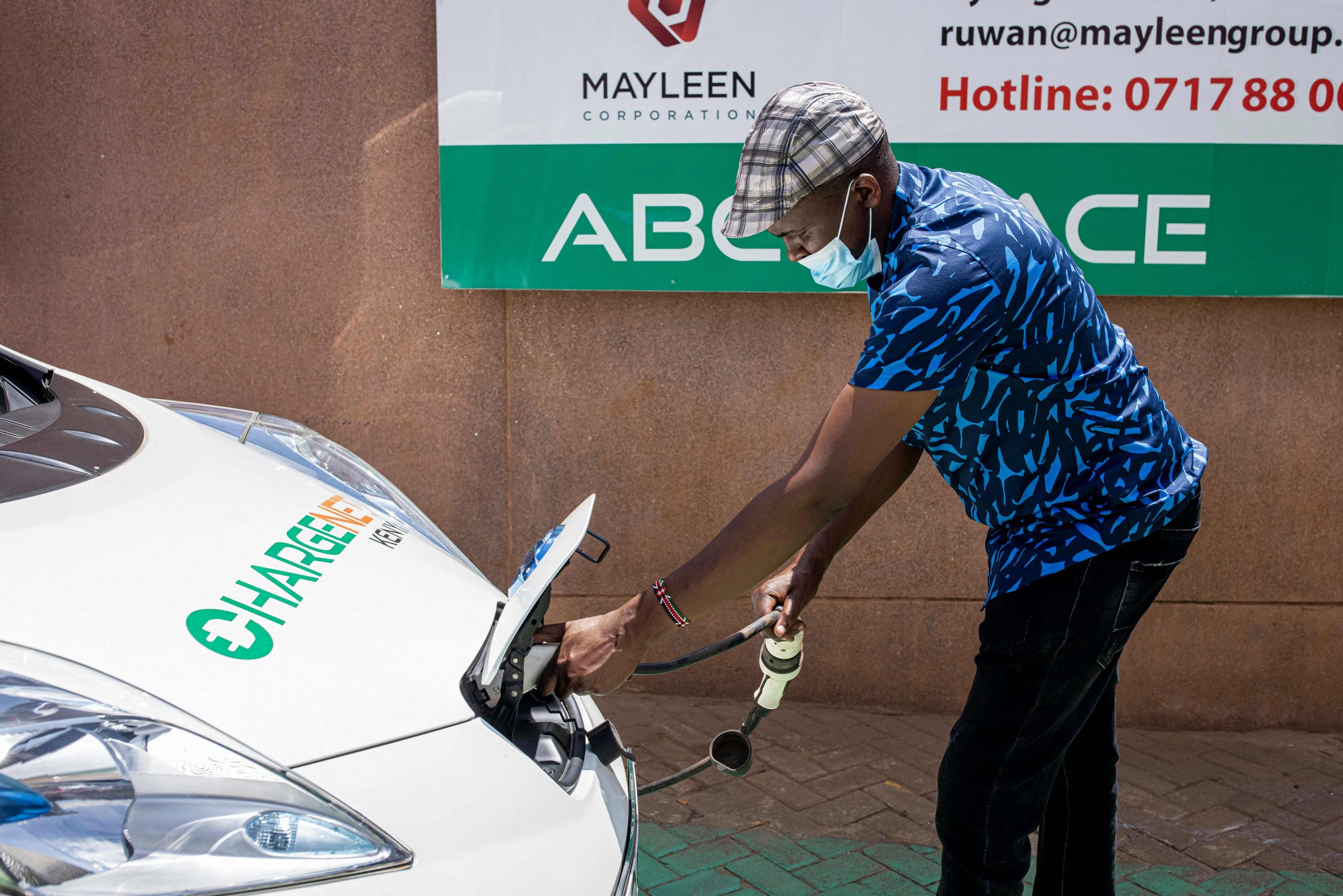Ghana is developing a policy to guide the scale up in production of Electric Vehicles. The policy dubbed E-Mobility when finalized is expected to guide in Ghana’s quest to have an environmentally friendly and sustainable transport system .
This was made known by Ghana’s minister of Transport, Kwaku Ofori Asiamah in an address read on his behalf at the opening ceremony of the Chartered Institute of Logistics and Transport (CILT) – Africa Forum 2022 held in Accra.
“We are currently developing an E-Mobility Policy to guide the deployment and Scale-up of Electric Vehicles in the country. We are also working to introduce the first-ever battery-powered electric buses for public transportation,” he said.
“Africa suffers directly from the impact of climate change amidst rising temperatures, rainfall patterns, and desertification among others. It is for this reason that we must commit ourselves to the promotion of a sustainable and environmentally responsive transport system,” Asiamah’s speech read.
The positive role of logistics and transport in the sustainable implementation of the African Continental Free Trade Agreement (AfCFTA) was evident in the three-day forum with Wamkele Mene the secretary general AfCFTA saying that transport and logistics were key areas for the trade pact to work efficiently since they are interdependent.
Effective implementation of the AfCFTA will reduce the continent’s over reliance on imports as well as increase trade whilst strengthening value chains. “The AfCFTA offers Africa an opportunity to develop intraregional value chains that help us go beyond exploiting and exporting raw materials. From the smallest suppliers to big manufacturers, we must develop linkages that enhance our ability and capacity to feed industry in a sustainable way” said Herbert Krapa, the Deputy Minister of Trade and Industry Ghana

